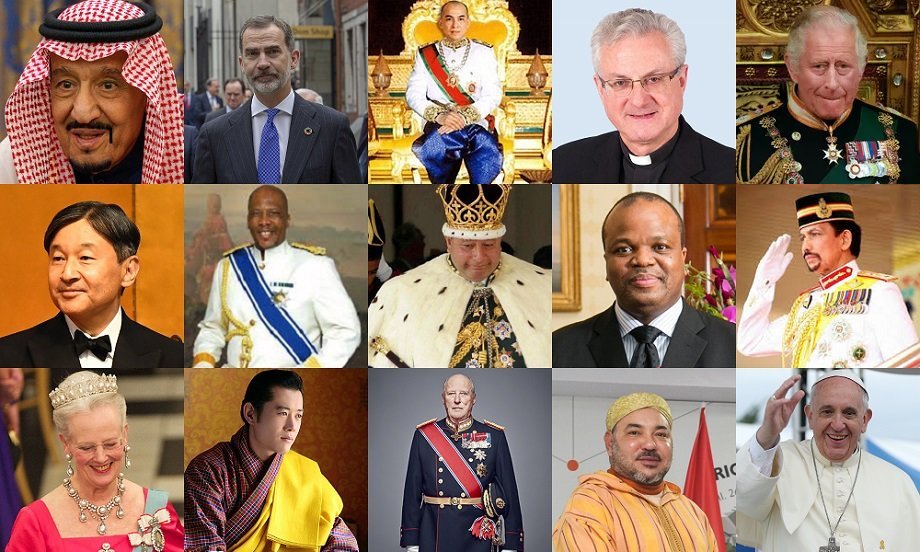
Introduction
In a world increasingly dominated by democratic republics, the concept of monarchies might seem outdated. Yet, the institution of kingship and queenship persists in many countries, serving as a symbol of tradition, stability, and often, significant political power.
This article aims to explore the ranking of the world’s most powerful monarchies, considering factors such as the extent of their political authority, economic influence, cultural significance, historical legacy, and international relations.
Understanding Monarchies
Before we delve into the rankings, let’s clarify what we mean by a monarchy. A monarchy is a form of government where a monarch, such as a king or queen, rules over a state. There are two primary types of monarchies:
- Absolute Monarchy: In an absolute monarchy, the monarch has supreme power and is not limited by a constitution or parliament.
- Constitutional Monarchy: In a constitutional monarchy, the monarch’s power is limited by a constitution or parliament. The monarch often serves as a ceremonial head of state while the government is led by elected officials.
Factors Determining Power
The power and influence of a monarchy are determined by several factors, including:
- Political Authority: The extent to which the monarch is involved in decision-making and the exercise of political power.
- Economic Influence: The monarchy’s control over the country’s economy, including its wealth and resources.
- Cultural Significance: The monarchy’s role in preserving and promoting the nation’s cultural heritage.
- Historical Legacy: The monarchy’s historical significance and its contributions to the nation’s development.
- International Relations: The monarchy’s influence on the international stage and its relationships with other countries.
Ranking the World’s Most Powerful Monarchies
Now, let’s explore some of the most powerful monarchies in the world:
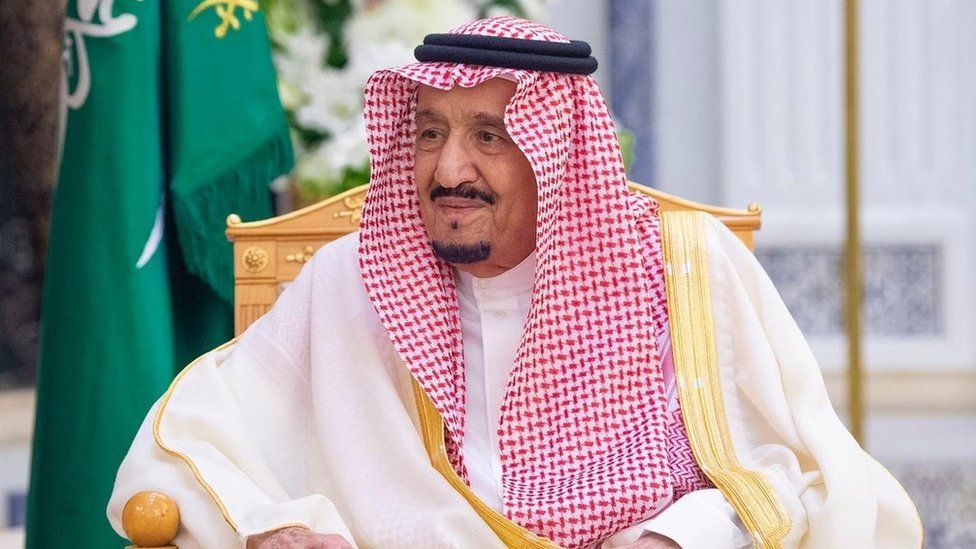
1. The Kingdom of Saudi Arabia
- Type: Absolute Monarchy
- Monarch: King Salman bin Abdulaziz Al Saud
- Key Factors:
- Absolute control over the government and economy, making it one of the world’s few remaining absolute monarchies.
- Significant oil wealth, which gives the monarchy immense economic power and influence.
- A dominant role in the Middle East, shaping regional politics and international relations.
- A strong emphasis on Islamic traditions and values, which influence the government and society.

2. The Principality of Monaco
- Type: Constitutional Monarchy
- Monarch: Prince Albert II
- Key Factors:
- A small but wealthy country known for its luxury lifestyle and tourism industry.
- A strategic location on the Mediterranean coast, attracting visitors and businesses.
- A strong emphasis on environmental protection and sustainability.
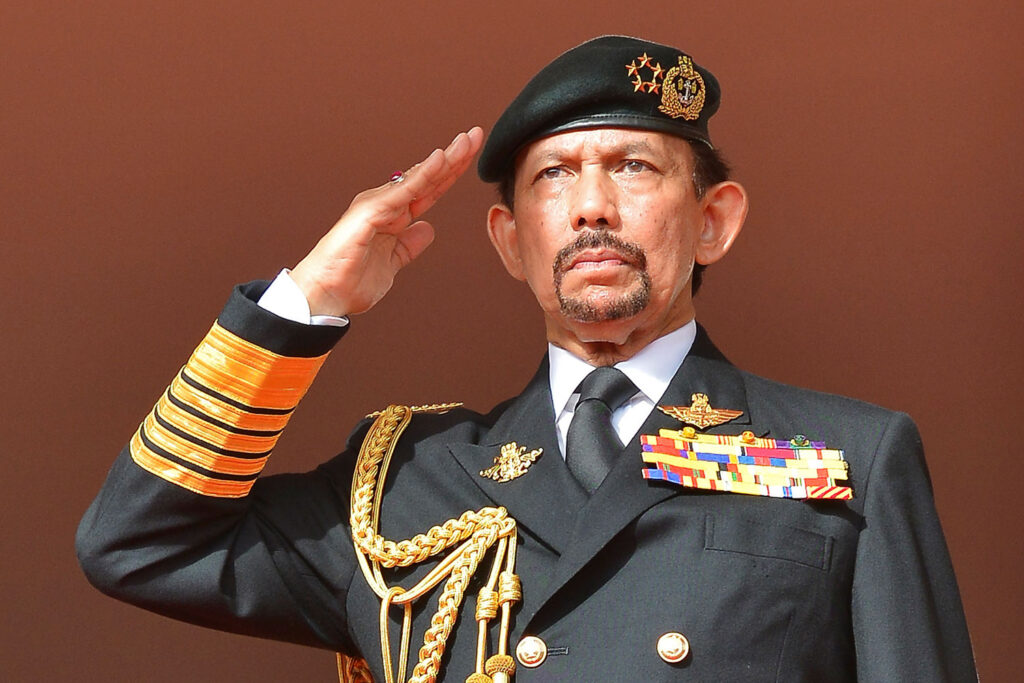
3. The Kingdom of Brunei
- Type: Absolute Monarchy
- Monarch: Sultan Hassanal Bolkiah
- Key Factors:
- Vast oil and gas reserves, making it one of the world’s wealthiest countries per capita.
- A lavish lifestyle, with the Sultan owning numerous palaces and luxury assets.
- A strong emphasis on Islamic traditions and values, which influence the government and society.
Read Effective Exercises You Can Do at Home Without Any Gear
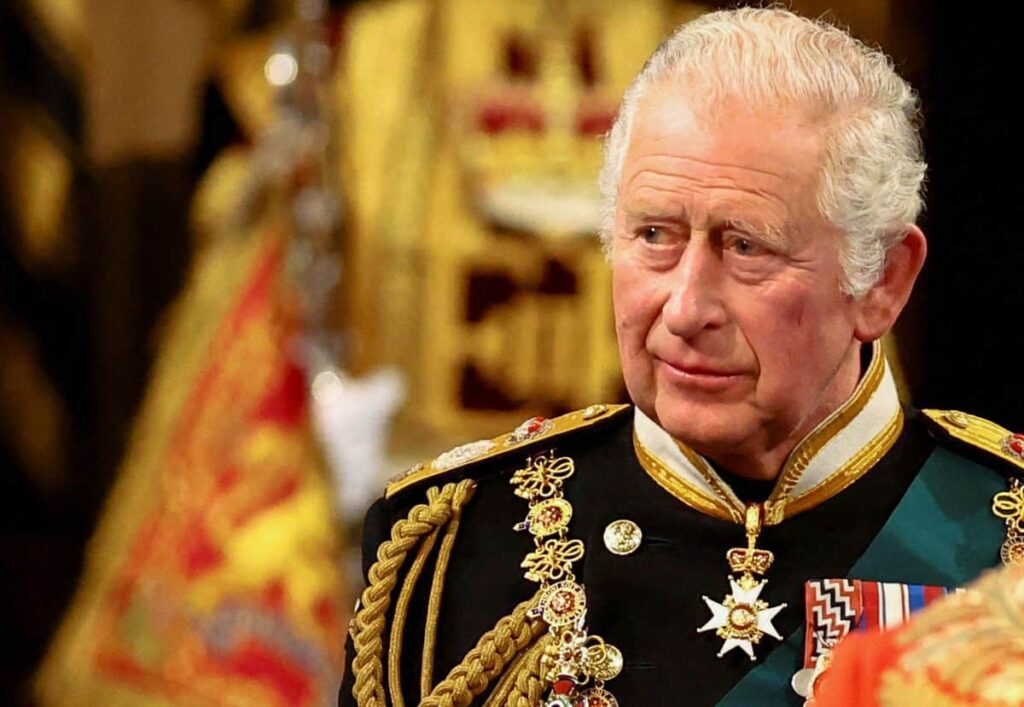
4. The United Kingdom
- Type: Constitutional Monarchy
- Monarch: King Charles III
- Key Factors:
- Historical significance as one of the oldest and most influential monarchies in the world.
- A global influence, with a strong military and diplomatic presence.
- A symbolic role in the Commonwealth, a voluntary association of 56 independent countries.
- A strong economy and a vibrant culture.
Read Nigerian Powerhouse Breakfast – Dodo and Pap (Akamu)
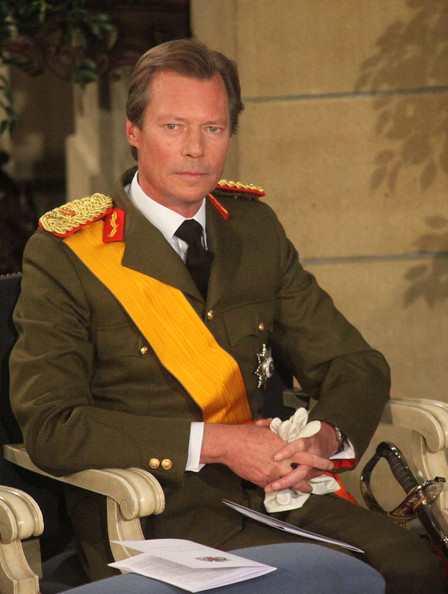
5. The Grand Duchy of Luxembourg
- Type: Constitutional Monarchy
- Monarch: Grand Duke Henri
- Key Factors:
- A small but wealthy country known for its financial services industry.
- A strategic location in Europe, at the crossroads of major trade routes.
- A strong emphasis on European integration and cooperation.
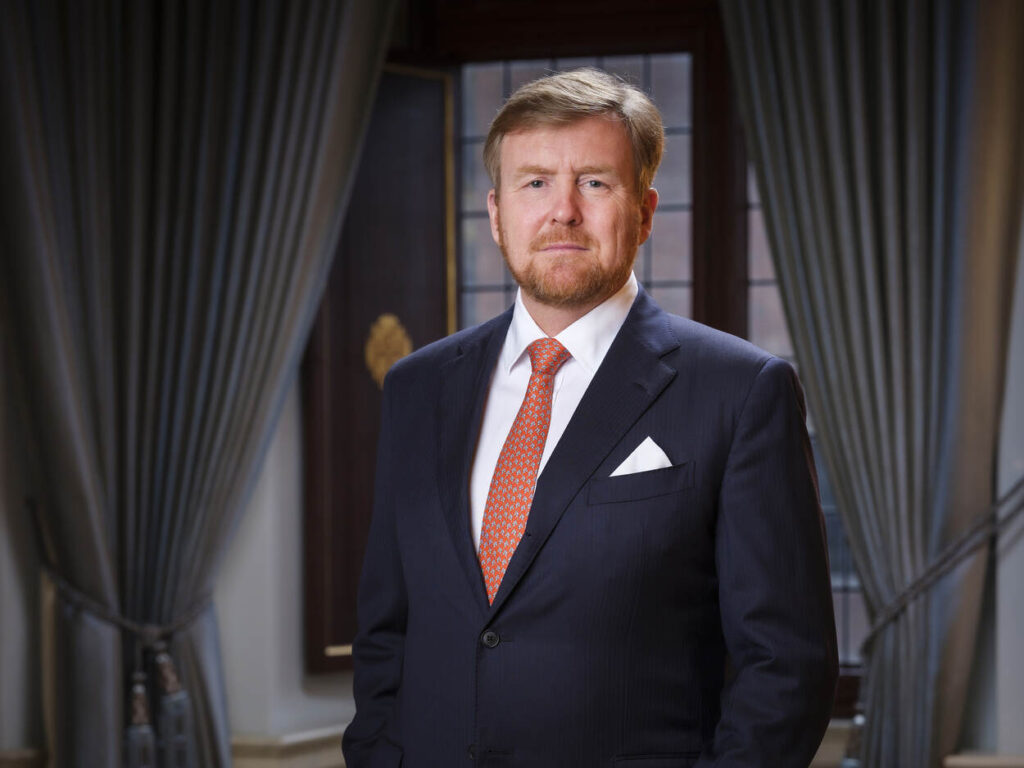
6. The Kingdom of the Netherlands
- Type: Constitutional Monarchy
- Monarch: King Willem-Alexander
- Key Factors:
- A strong economy, with a focus on agriculture, manufacturing, and trade.
- A global trading power, with strong economic ties to other countries.
- A significant role in European affairs, as a member of the European Union.
- A reputation for tolerance and diversity.
Read When Compromise Backfires In A Relationship: What To Do.

7. The Kingdom of Denmark
- Type: Constitutional Monarchy
- Monarch: Queen Margrethe II
- Key Factors:
- A high standard of living, with a strong welfare system and a focus on social equality.
- A strong economy, based on agriculture, manufacturing, and services.
- A focus on sustainability and environmental protection.

8. The Kingdom of Sweden
- Type: Constitutional Monarchy
- Monarch: King Carl XVI Gustaf
- Key Factors:
- A strong economy, with a focus on innovation and technology.
- A reputation for social equality and gender equality.
- A strong emphasis on environmental protection and sustainability.
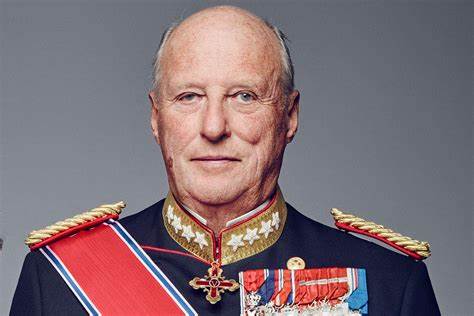
9. The Kingdom of Norway
- Type: Constitutional Monarchy
- Monarch: King Harald V
- Key Factors:
- Abundant natural resources, including oil and gas, which contribute to a strong economy.
- A high standard of living, with a focus on social welfare and education.
- A strong emphasis on environmental protection and sustainability.
10. The Principality of Liechtenstein
- Type: Constitutional Monarchy
- Monarch: Prince Hans-Adam II
- Key Factors:
- A small but wealthy country, known for its financial services industry.
- A strategic location in Europe, bordering Switzerland and Austria.
- A strong emphasis on political stability and economic prosperity.
Note: This is not an exhaustive list, and there are many other monarchies around the world that hold significant influence in their respective regions.
The Role of Monarchies in the Modern World
While the power and influence of monarchies have evolved over time, they continue to play a significant role in the modern world. Some serve as symbolic heads of state, representing their nations on the international stage. Others have a more active role in government, influencing policy decisions and promoting stability.
Moreover, many monarchies contribute to their countries’ economies through tourism, investment, and cultural heritage. They also play a vital role in preserving traditional values and customs.
Conclusion
The institution of monarchy, while often associated with the past, remains a relevant and influential force in the modern world. The monarchies ranked in this article represent a diverse range of countries, each with its own unique history, culture, and political system.
Whether they wield significant political power or serve as symbolic heads of state, these monarchies continue to shape the course of their nations and contribute to the global landscape.
FAQs
- What is the difference between a constitutional monarchy and an absolute monarchy?
- In a constitutional monarchy, the monarch’s power is limited by a constitution or parliament. In an absolute monarchy, the monarch has supreme power.
- Why are some monarchies considered more powerful than others?
- The power and influence of a monarchy are determined by factors such as political authority, economic influence, cultural significance, historical legacy, and international relations.
- Do monarchies still have a relevant role in the modern world?
- Yes, monarchies continue to play a significant role in many countries, serving as symbols of tradition, stability, and cultural heritage.
- Are there any challenges facing monarchies today?
- Challenges facing monarchies include the increasing popularity of democratic systems, economic pressures, and the need to adapt to changing social and political landscapes.
- What is the future of monarchies?
- The future of monarchies is uncertain. While some may continue to thrive, others may face challenges and decline. Ultimately, the survival of monarchies will depend on their ability to adapt to changing times and remain relevant to their people.


